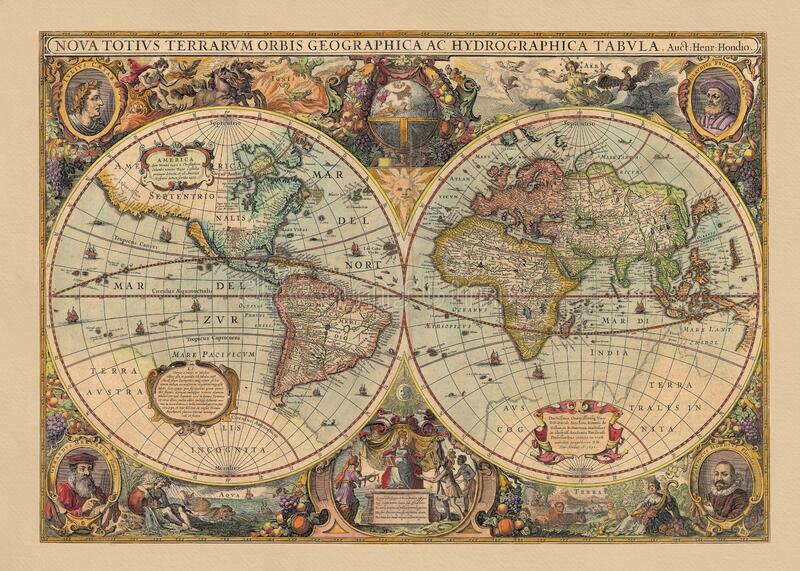Welcome to ASEN’s new blog, the Ruritanian!
The fictional country of Ruritania, breaking away from the empire of Megalomania, is often used for a placeholder name of a country in which nationalism developed, not least by Ernest Gellner.
“Ruritanians had previously thought and felt in terms of family unit and village, at most in terms of a valley, and perhaps on occasion in terms of religion. But now, swept into the melting pot of an early industrial development, they had no valley and no village: and sometimes no family. But there were other impoverished and exploited individuals, and a lot of them spoke dialects recognizably similar, while most of the better-off spoke something quite alien; and so the new concept of the Ruritanian nation was born of this contrast…”
– Ernest Gellner, Nations and Nationalism
Beyond that use, the name ‘Ruritanian’ has a particular resonance for ASEN. Back when we were founded, before email and websites were commonplace, our newsletter – still an actual letter, sent out through the post to members – was called The Ruritanian. That newsletter would develop over time into one of our two peer-reviewed journals, Studies in Ethnicity and Nationalism, founded in 2001.
That’s enough of the background. What are we trying to achieve with this blog?
Firstly, we want the Ruritanian to be a place for the exchange, development, and promotion of ideas in nationalism and ethnicity studies in a less formal setting than a journal. Whether you want to quickly respond to a recently-published book, look for comment on ideas you’re developing, want to comment on recent developments, or talk about an article you’ve written, we hope the Ruritanian will be somewhere you can run your idea up the proverbial flagpole and see if anyone salutes. Given ASEN’s membership and our community, we hope that you will find an interested and engaged audience.
Secondly, we want to build that community of people interested in the study of nationalism and ethnicity, all around the world. We particularly want to hear views and from people that we don’t usually hear from, or who for whatever reason can’t get published as easily as others.
We have invited some initial contributions, and our very first post is from Adrian Guelke on the current crisis in Northern Ireland, and more. We’ll also be inviting authors from Nations and Nationalism and Studies in Ethnicity and Nationalism to contribute. If you would like to write for the Ruritanian, do please check out our author guidelines. The Ruritanian is a work in progress, so we are very much open to feedback, suggestions, and criticism.
Bibliography
Ernest Gellner (1983). Nations and Nationalism. Oxford: Blackwell. 62.


0 Comments